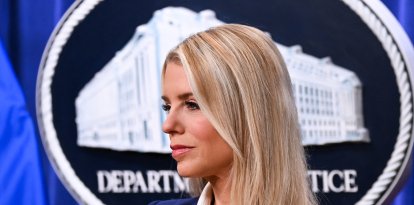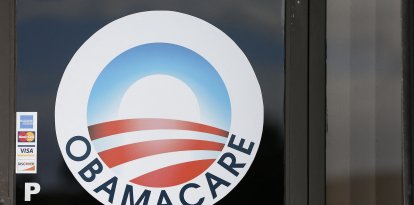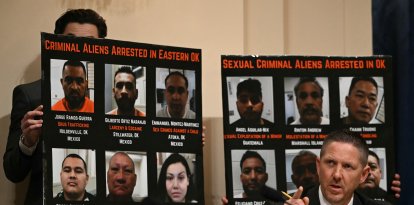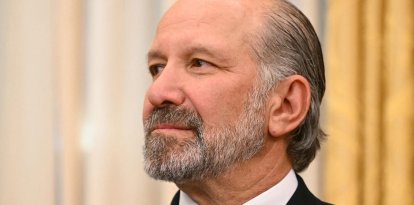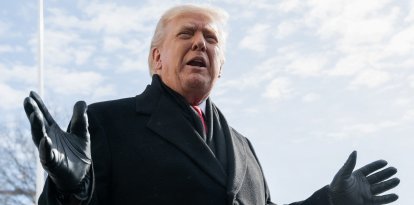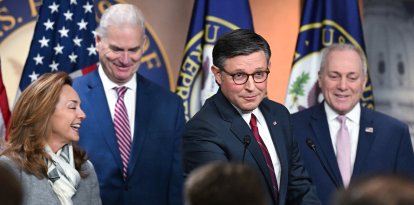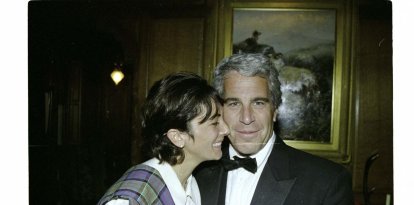The Department of Justice will not prosecute Garland for contempt: 'It did not constitute a crime'
Despite the House of Representatives request, the Biden administration's attorney general will not face charges for withholding audio from the interview between the president and Robert Hur.
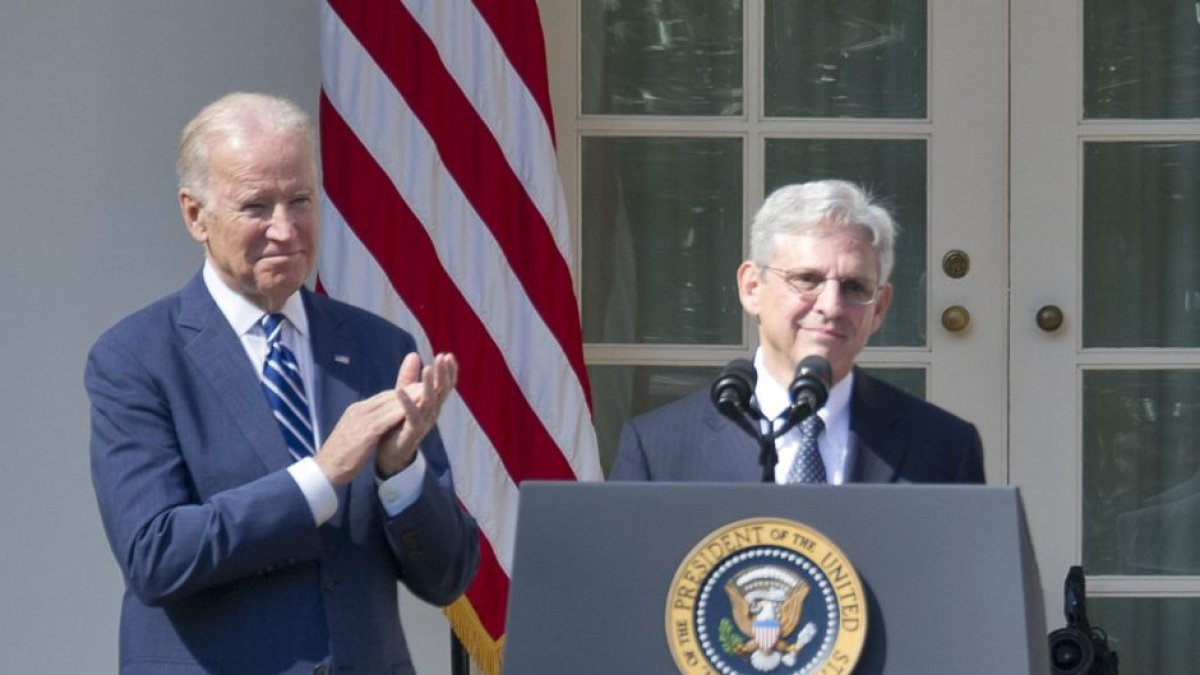
(Cordon Press)
The Department of Justice (DOJ) confirmed that it will not prosecute Merrick Garland for contempt, as the House of Representatives had requested. The attorney general was harshly questioned after refusing to publish the audio from the interview between Joe Biden and special prosecutor Robert Hur within the framework of the investigation into the president's handling of classified documents found in his garage and office.
The DOJ reported this to Mike Johnson, speaker of the House of Representatives, through a letter stating that Garland's actions "did not constitute a crime."
In turn, the letter cited the agency's “longstanding position and uniform practice" not to prosecute officials who don’t comply with subpoenas because of a president’s claim of executive privilege.
The attorney general of the Biden administration should have delivered the requested documents on February 19, at the express request of Congressmen Jim Jordan, James Comer, and Jason Smith, chairmen of the Judiciary, Oversight, and Ways and Means Committee, respectively.
Specifically, they requested the release of all documents and communications, including audio and video recordings, related to Hur's interview with Biden, as well as those from the interview conducted with the president's ghostwriter, Mark Zwonitzer.
Hur's report on Biden
After more than a year of interviews and investigation, the special counsel released his 379-page report in which he wrote that Biden "willfully retained and disclosed classified materials after his vice presidency when he was a private citizen." However, he clarified that it was not enough to file charges.
The report also included detailed photographs of documents in the president's garage, which included "top secret/sensitive compartmentalized information" related to foreign policy in Afghanistan.
Hur dedicated one of the sections of the letter to the president's memory, which, he wrote, "appeared to have significant limitations." He came to this conclusion citing an interview and recorded conversations with Biden's speechwriter.
"(Biden) did not remember when he was vice president. He did not remember, even within several years, when his son Beau died. And his memory appeared hazy when describing the Afghanistan debate that was once so important to him," the report states.
"We have also considered that, at trial, Mr. Biden would likely present himself to a jury, as he did during our interview, as a sympathetic, well-meaning, elderly man with a poor memory," Hur added.













